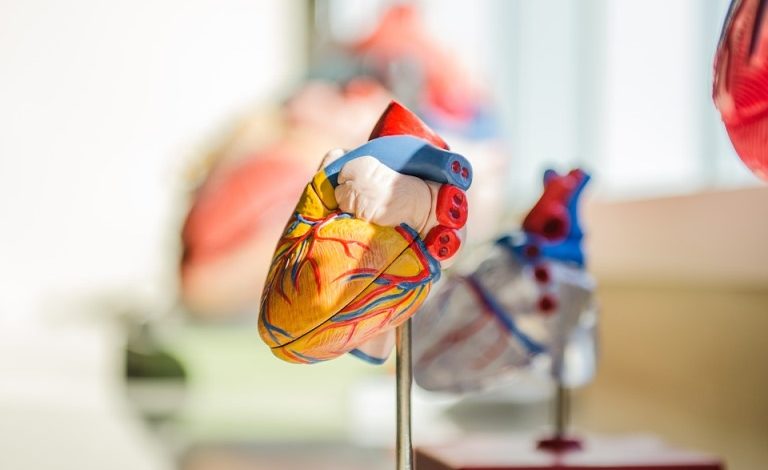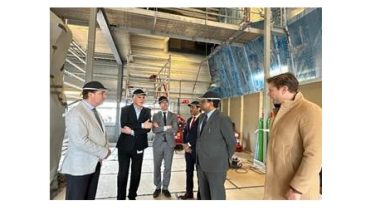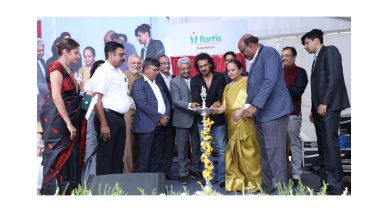
The procedure allows for edge-to-edge mitral valve repair
Apollo Hospitals, Chennai, performed India’s first fourth generation (G4) Transcatheter Mitral Valve Repair. Dr Sai Satish, Senior Interventional Cardiologist, Apollo Hospitals successfully performed these mitral valve repairs on three individuals, each of whom was suffering from end-stage heart failure and had flown in from different cities across India.
The fourth generation MitraClip Transcatheter Mitral Valve Repair System allows for edge-to-edge mitral valve repair. It allows doctors to choose clip size based on a patient’s mitral valve anatomy and a new leaflet grasping technology that allows doctors to grasp leaflets simultaneously or independently.
Speaking about this new technique, Dr Satish said “These patients had sustained extensive damage to their hearts and were in refractory heart failure despite being optimally treated with medication and all other currently available heart failure devices. Two out of the three also had aortic valve procedures done previously which had further altered their mitral anatomies. The intractable heart failure coupled with these extreme anatomical challenges would have made it impossible to treat them with any conventional device available today. The ability to independently grasp each valve leaflet allows us to now get surgical-like repair results even in these select complex anatomies! All said and done, to me the greatest joy comes from being able to make a difference to otherwise untreatable patients.”
Apollo Hospitals, Chennai is currently the only hospital in India where this technique has been performed and Dr Satish has performed the highest number of Transcatheter Mitral Valve repairs in the country.
Giving details about the patients, Dr Satish said, “The first patient was a 69-year-old gentleman with dilated cardiomyopathy and heart function less than 20 per cent had undergone cardiac resynchronisation therapy(pacemaker) for his heart failure as early as in 2007. He was now referred to us for refractory heart failure and severe mitral regurgitation. He had been turned down for any type of surgical intervention including a heart transplant because of multiple co-morbidities and could not have been treated by any of the earlier devices that are available on the market. He had an excellent procedural outcome with almost no residual mitral leak post-procedure and he was discharged with no failure symptoms.
“The second patient was a 73-old-year with several challenges who had a cardiac arrest from which she was revived and was now referred to us for severe mitral valve leak and cardiogenic shock. Having previously undergone neurosurgery for a meningioma, operated for CA breast and received radiation therapy, and a subsequent fall and hip fracture, she too could not have been treated by surgery or any of the earlier devices. We performed the procedure with great results and almost no residual mitral leak. We also implanted a pacemaker, and she is now completely symptom-free with near-normal heart function.
“The third patient was a 76-year-old lady who came to us with persistent severe heart failure from severe mitral regurgitation with multiple cardiac surgical interventions in the past had a successful procedure thanks to this new technique. She now has normal heart function with no heart failure symptoms and was discharged in three days.”




